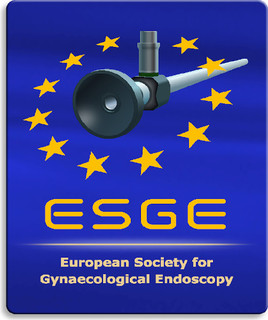The Walking Egg Project: Universal access to infertility care – from dream to reality
Assisted reproduction, developing countries, infertility care, intrauterine insemination, IVF, medical education, one-step diagnostic phase, resource-poor countries, simplified IVF, sociocultural factors
Published online: Jul 04 2013
Abstract
Childlessness and infertility care are neglected aspects of family planning in resource-poor countries, although the consequences of involuntary childlessness are much more dramatic and can create more wide ranging societal problems compared to Western societies, particularly for women. Because many families in developing countries completely depend on children for economic survival, childlessness has to be regarded as a social and public health issue and not only as an individual medical problem. In the Walking Egg Project we strive to raise awareness surrounding childlessness in resource-poor countries and to make infertility care in all its aspects, including assisted reproductive technologies, available and accessible for a much larger part of the world population. We hope to achieve this goal through innovation and research, advocacy and networking, training and capacity building and service delivery. The Walking Egg non-profit organization has chosen a holistic approach of reproductive health and therefore strengthening infertility care should go together with strengthening other aspects of family planning and mother care. Right from the start The Walking Project has approached the problem of infertility in a multidisciplinary and global manner. It gathers medical, social, ethical, epidemiological, juridical and economical scientists and experts along with artists and philosophers to discuss and work together towards its goal. We recently developed a simplified tWE lab IVF culture system with excellent results. According to our first cost calculation, the price of a single IVF cycle using the methodologies and protocols we described, seems to be less than 200 Euros. We realize that universal access to infertility care can only be achieved when good quality but affordable infertility care is linked to effective family planning and safe motherhood programmes. Only a global project with respect to sociocultural, ethical, economical and political differences can be successful.



